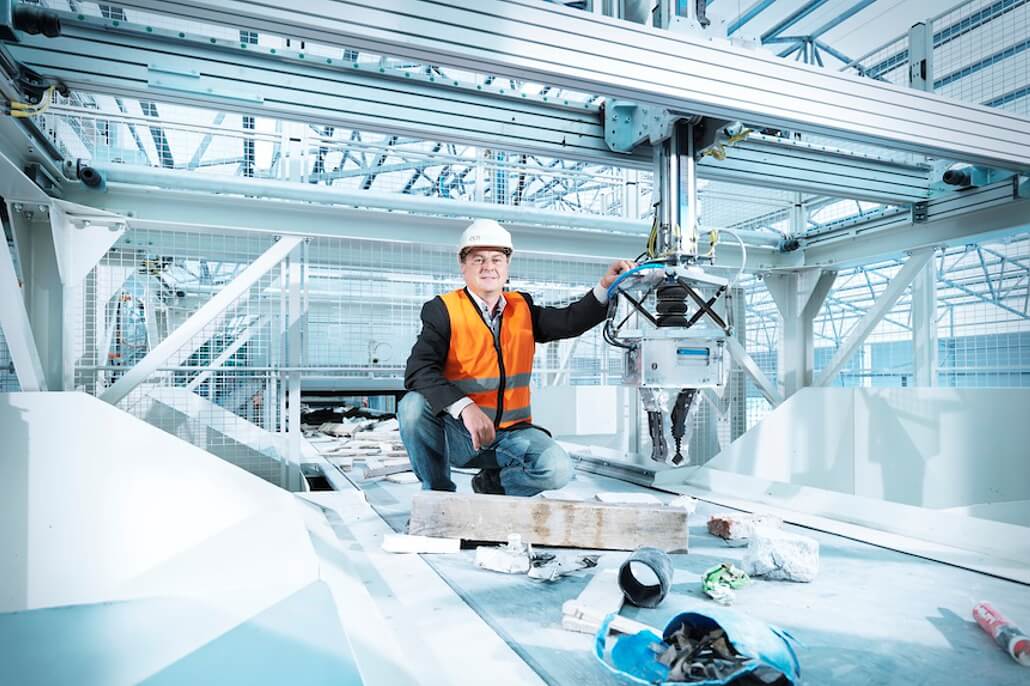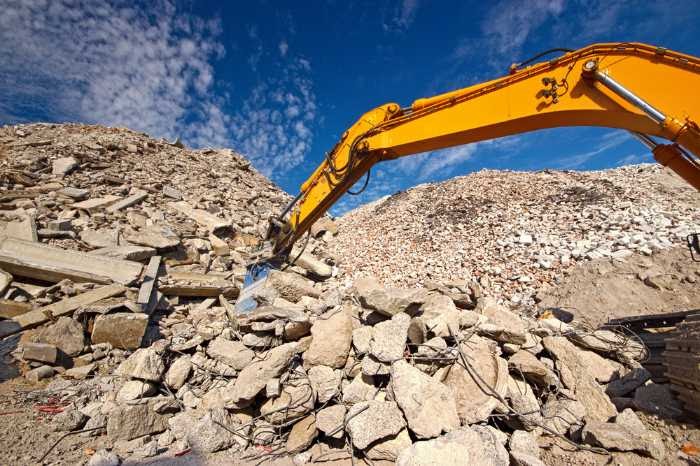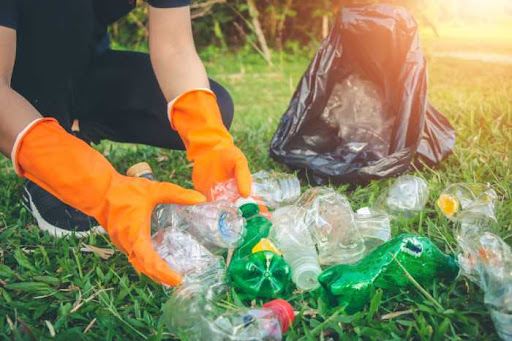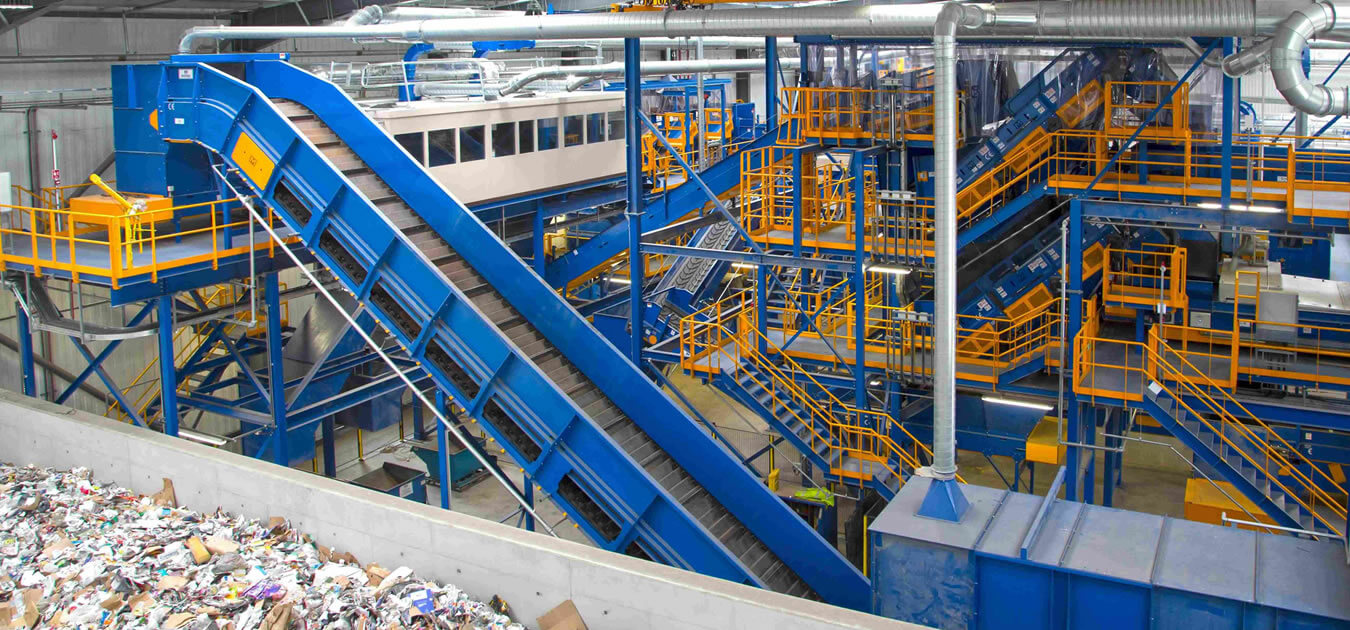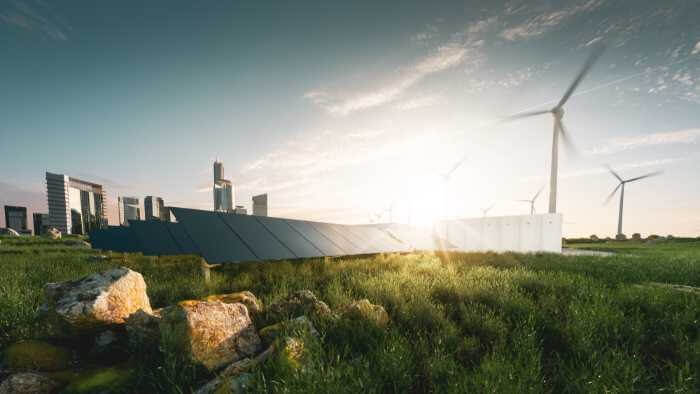As more people become environmentally conscious of how they dispose of their waste, new processes are being developed that challenge our ideas on how cities should be organized and what is considered trash.
Here are a bunch of ways technology is innovating waste management:
1. Waste-to-Energy Plants
In many countries around the world, so-called waste-to-energy plants are being built to burn trash and turn it into energy.
These facilities have been criticized for being an environmental hazard, but some people argue that they reduce carbon dioxide emissions by reducing the need to burn coal or oil for fuel. In addition, since garbage is a resource for these facilities, conservation is a priority in their design and operation.
2. Recycling Technology
Every year, recycling technology gets more efficient at reclaiming raw materials from junked electrical equipment, vehicles and other sources of scrap metal. Metal recycling is considered one of the most important forms of “urban mining,” as it allows cities to reuse valuable resources without having to look outside their boundaries for materials.
Continuously evolving recycling technology not just for metal but other items as well, therefore, is playing one of the most crucial roles in modern day waste management.
3. Wind Power
Turning trash into energy helps reduce pollution and greenhouse gases, thus reducing the need for fossil fuels. And renewable sources of power are becoming much more cost-effective than they were when the first wind turbine was installed. These turbines are now used all over the world to harness clean energy from wind.
4. Sewage Harvesting
Every year, municipalities spend billions of dollars to provide clean water to their citizens. With freshwater supplies becoming increasingly scarce, recycling toilet water for non-potable uses is one of the most promising new technologies being developed today.
Right now, countries like Australia are turning treated sewage effluent into drinking water—an advancement that not only saves money but conserves natural resources.
5. Smart Trash Cans
In many parts of the world, citizens now have access to information about how their city operates and what happens to all the trash they throw out every day. In addition, new advances in technology allow for better communication between local governments and their constituents.
For example, some cities are using wireless sensors inside public waste containers to track when they’re full—thus eliminating the need for garbage trucks to make multiple trips to the same location.


